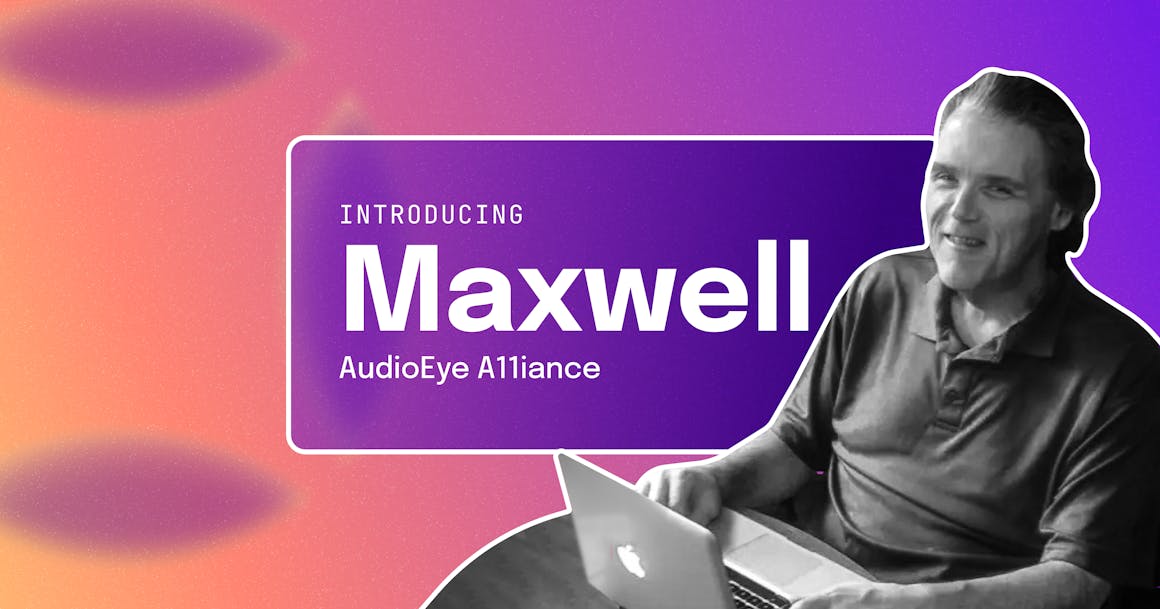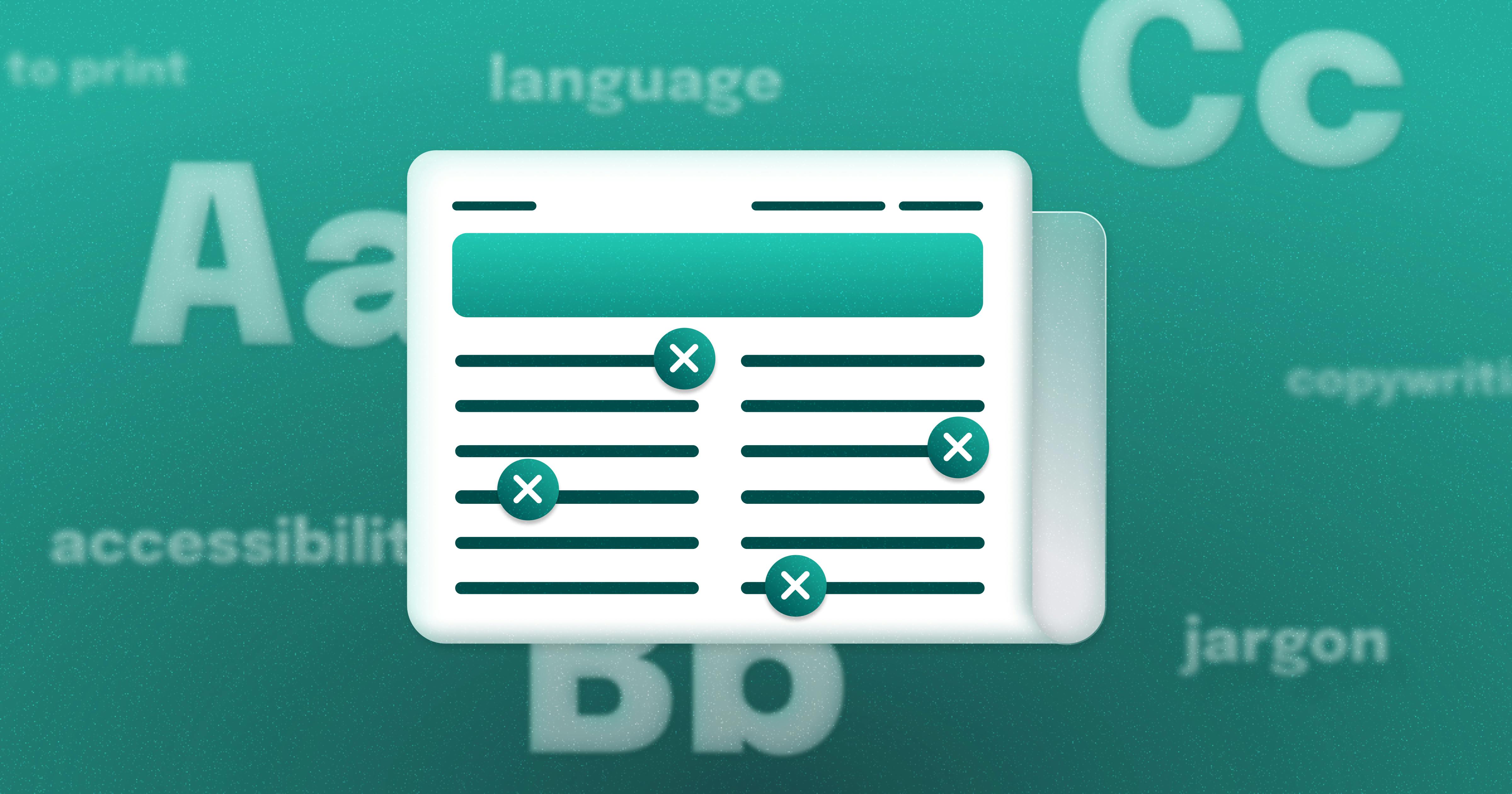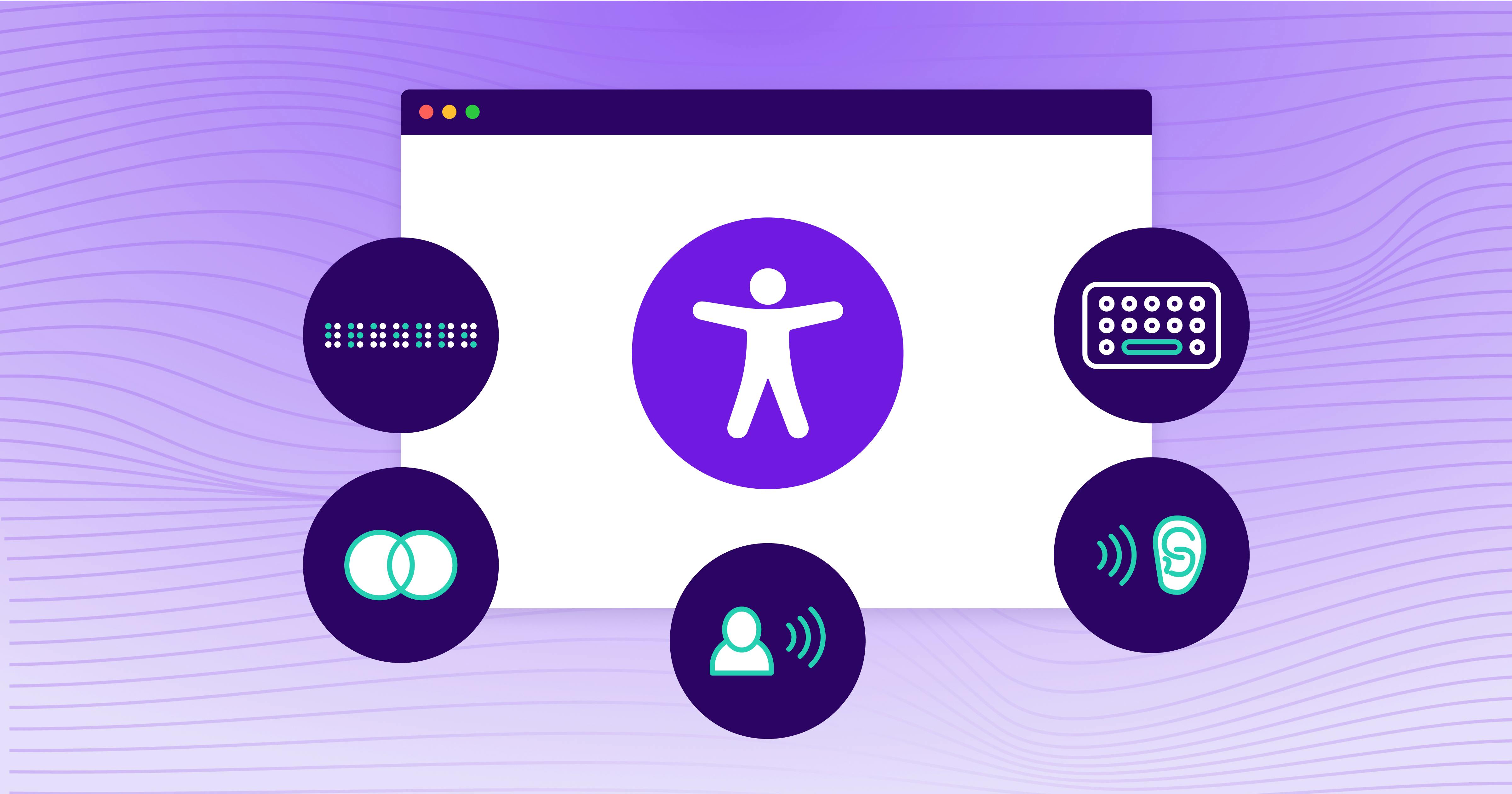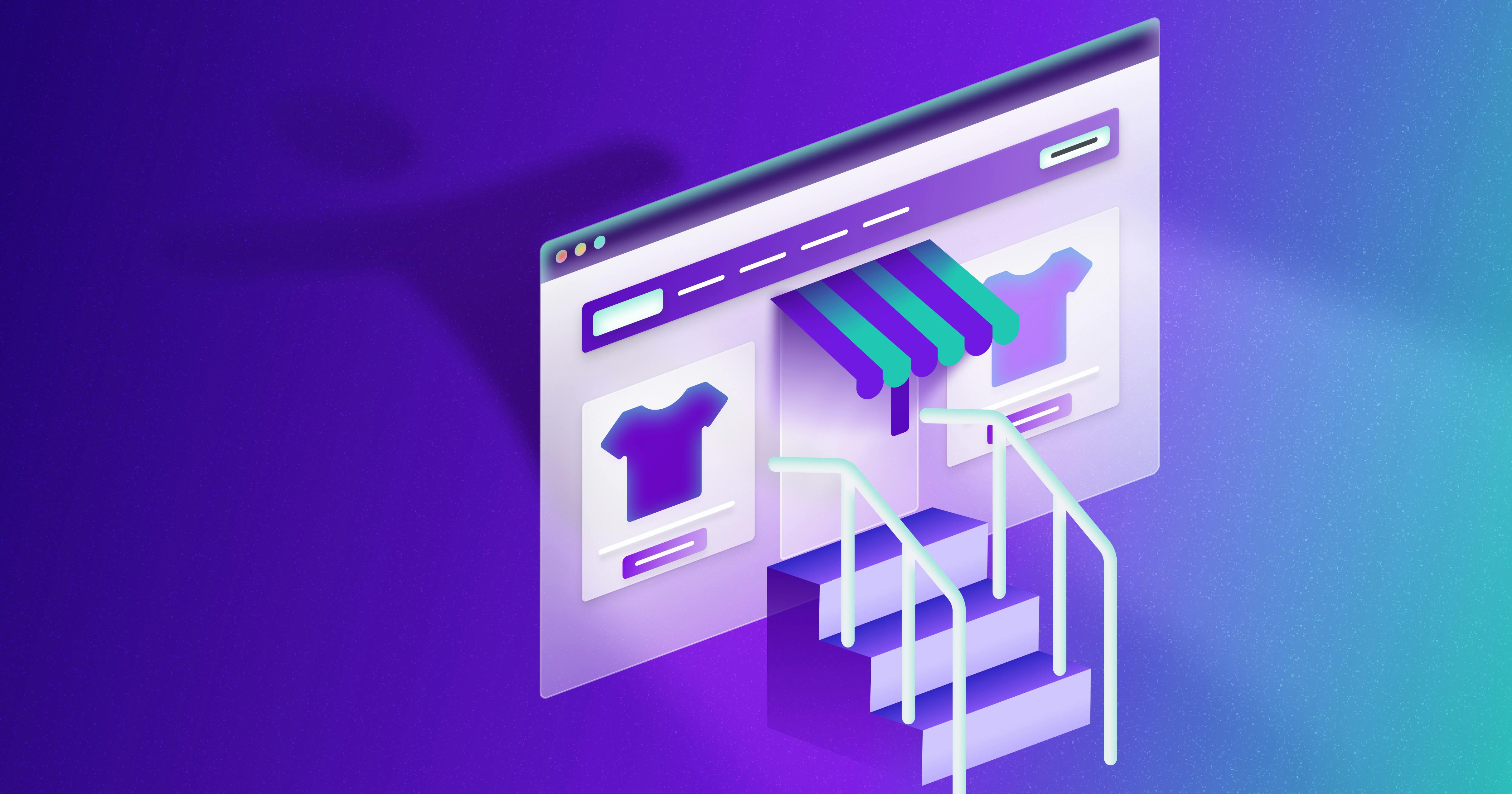Maxwell Ivey: From Carnival Owner to Blind Blogger
Maxwell Ivey: From Carnival Owner to Blind Blogger


Ready to see AudioEye in action?
Watch Demo
Get to know Maxwell Ivey, a carnival owner turned online retailer and web accessibility evangelist.
My name is Maxwell Ivey, known around the world as The Blind Blogger. I started my first website, The Midway Marketplace, in 2007.
My dad had passed away, our family carnival had gone out of business, and I needed something to do with myself.
At that time, the only thing I knew anything about was helping people sell used carnival rides. Of course, selling them on the internet would prove to be full of challenges.
The first thing I had to do was build a website, I didn’t have any talent, skills, education, or experience. I didn’t have the money to hire a website developer, either. And I doubt I would have been able to trust someone else with my business if I could have afforded to hire them.
My Introduction to Web Accessibility
There weren’t any content management systems like WordPress available at that time. So, I ended up teaching myself how to code HTML by hand.
I was never great at it. In my song “What’s Your Excuse?” I mention that I was good enough to make the site function. People could see which rides, games, and equipment was available, and they could start the purchase process.
When I needed the site to do something I couldn’t code with HTML, I would search online forums for snippets of JavaScript or PHP I could borrow.
There were times when I would look at code I wrote in that first year and think it was horrible. That I needed to re-write everything I ever wrote. But then I would remind myself that while the code wasn’t elegant, the page was doing its job.
Thankfully, I found out about WordPress in 2012 when a friend told me about it and helped me migrate my site over to the platform.
Web Accessibility Doesn’t Have To Be a Non-Starter
I mention all of these because I want you to know that I understand how you feel — whether you are an entrepreneur wearing a dozen hats who doesn’t have time to learn how to include accessibility in your site, or a large company afraid that accessibility will require you to rebuild your site from the ground up.
I get it, and I have good news for you.
The folks at AudioEye have been at this whole digital accessibility thing for years. They’ve realized that the only way to make accessibility a reality in this century is to bring a collaborative approach.
The truth is that an automated accessibility plug-in can’t fix everything. And sometimes those accessibility overlays make things worse.
Sometimes an automated option can’t even recognize there is a problem. Like when a spell checker misses a mistake because the wrong word is spelled correctly.
The further truth is that there simply aren’t enough people to perform manual-only reviews. Or enough hours for them to address every single website on the internet.
This is especially true when you think about how many new sites are coming online every day. And it doesn’t include the fact that most websites already in existence are constantly being updated with new content.
My Introduction to AudioEye
I was surprised to learn that AudioEye has developed a suite of products that make it easy to detect and correct accessibility issues before a page loads for the user.
Furthermore, I was pleased to hear that AudioEye’s research shows that their JavaScript plugin can detect up to 70% of common accessibility issues — and automatically fix about two-thirds of them.
Something else that I think you should know is that I am a member of AudioEye’s A11iance team. That means I am one of the many online users with a disability who regularly reviews client websites to determine if they have any accessibility issues.
People like me also help AudioEye build a database of probable accessibility errors and how to fix them. We also communicate best practices to the site owners through AudioEye.
You get all of these resources simply by adding a bit of code to your website.
I’ve always known that The Midway Marketplace wasn’t accessible — but I didn’t think about it too much because there aren’t a lot of blind people working in the amusement industry.
Or at least, that’s what I used to tell myself.
Of course, that only included people working in the profession. I wasn’t thinking about people who might visit the site out of curiosity — and forward it to someone who might want to buy something.
But the site is 15 years old. I cringe any time I think about making it accessible. I wonder if that’s even possible.
Then I learned about AudioEye and all of the great work they are doing in the area of online accessibility, and I have hope.
It should give any business owner hope that they can make their site accessible without spending huge amounts of time and money to rebuild the site.
It should give people hope that a website can be made highly accessible simply by adding a bit of code.
Naturally, combining automation with human reviews and regular monitoring is the ideal approach to providing a truly accessible and enjoyable browsing experience to people of all disabilities.
AudioEye provides this and more in a streamlined suite of products at a reasonable price.
I look forward to trying their solution on my website — and the websites of other disabled people that I have helped get online.
Making the Case for Web Accessibility
I’m sure you are asking yourself “Why should I bother?”
I’m not going to tell you because it’s the law. In my lifetime, there have been very few times where compelling someone to do something worked reliably.
I have found that it is much better to give people a compelling reason.
Now, these next comments are strictly anecdotal. I have no scientific studies to back this up. But in my gut, I know what I am about to say is true.
People with disabilities tend to be more loyal customers.
- We will stick with companies that go out of their way to make us feel welcome.
- We will tell our friends and family, and they will buy your products or services when they have a need for them.
- I probably shouldn’t say this, but there have even been times where we overpaid for products simply because they are inclusive.
As a business owner, I know that it makes more sense to keep existing customers than it does to have to constantly attract new ones.
You probably know the stats about how many people in the world have a disability. Just think about what that number is if you include all of our friends, family, neighbors, and social media followers.
You could say that a blind influencer or an influencer in a wheelchair has more value than a Kardashian!
I am known for the tagline “What’s your excuse?” That’s because people have said “If Max can do it, then what’s my excuse?”
With AudioEye, you no longer have an excuse to not make your website, mobile app, or software accessible.
I can’t wait to hear some of your stories. Let me know about your business, your accessibility challenges, and how AudioEye has helped you.
Thanks,
Maxwell
Ready to see AudioEye in action?
Watch Demo
Ready to test your website for accessibility?
Share post
Topics:
Keep Reading

Newsletter Best Practices for Screen Reader Use
Newsletters are a common tool used in marketing teams. Discover how to make these content types more accessible for individuals with disabilities from AudioEye A11iance Member Jessica Phillips.
community
March 27, 2025

Types of Assistive Technology Tools
Learn about the different assistive technologies that people with disabilities use to browse your website and how you can increase compatibility with them.
community
February 08, 2025

What It’s Like to Shop Online When You’re Blind
Online shopping is often frustrating and inaccessible for blind users, but accessibility fosters confidence and loyalty.
community
January 21, 2025
